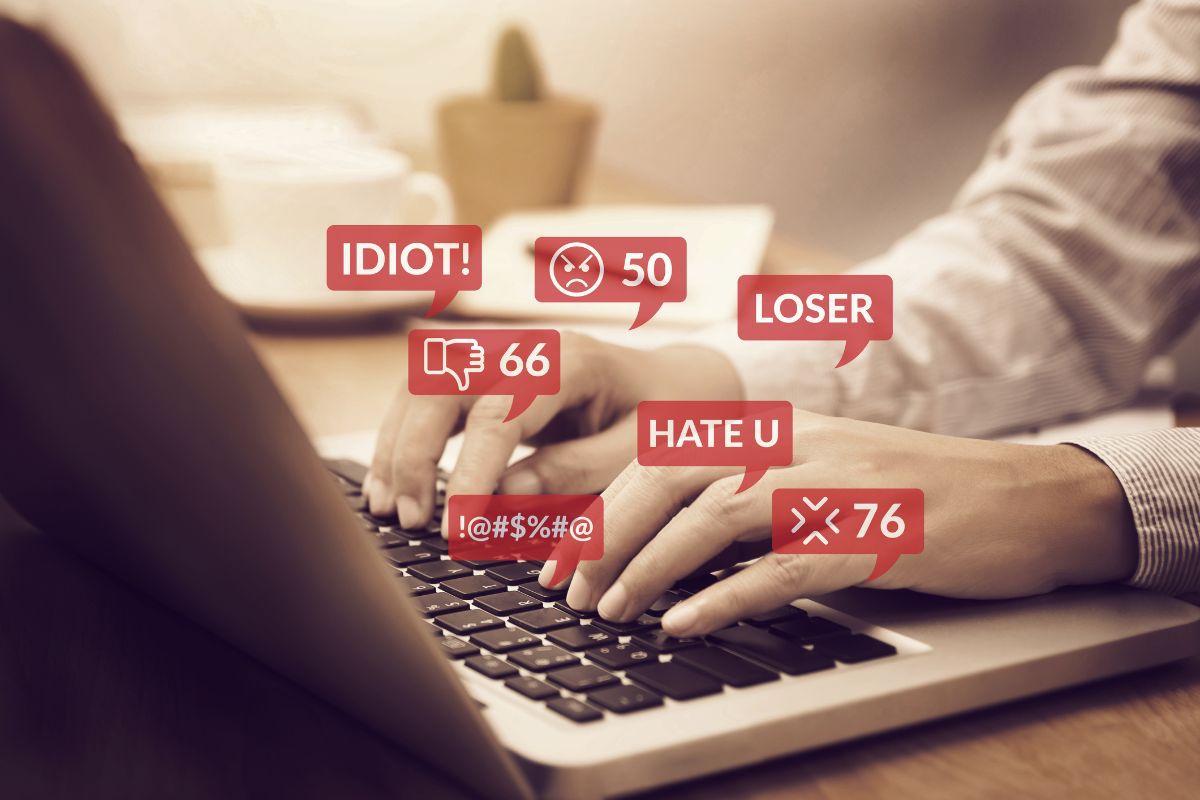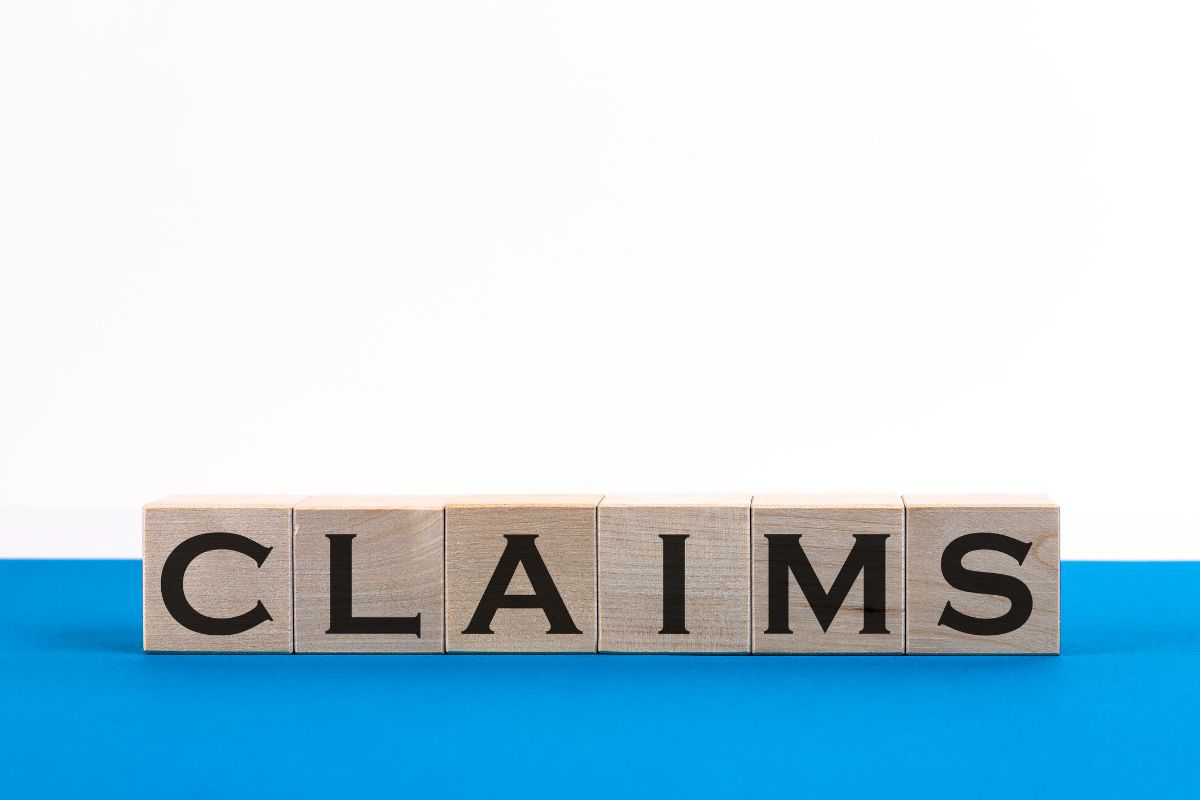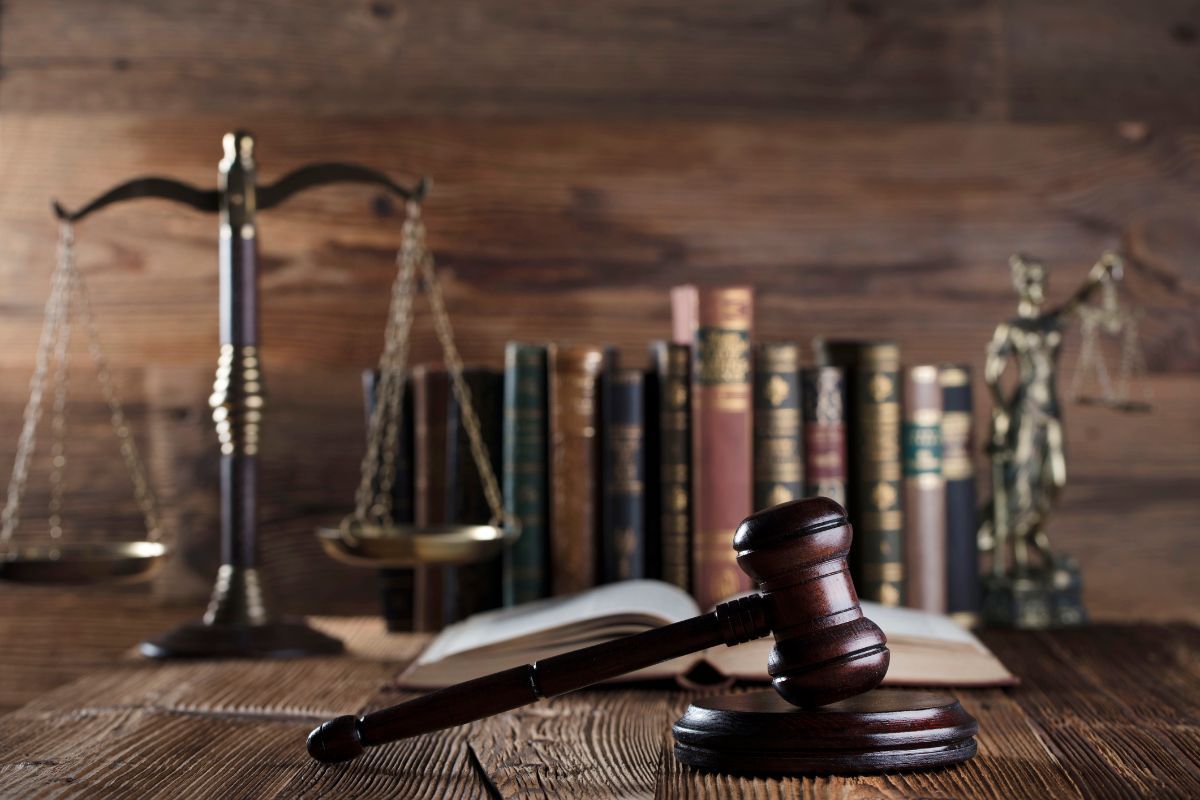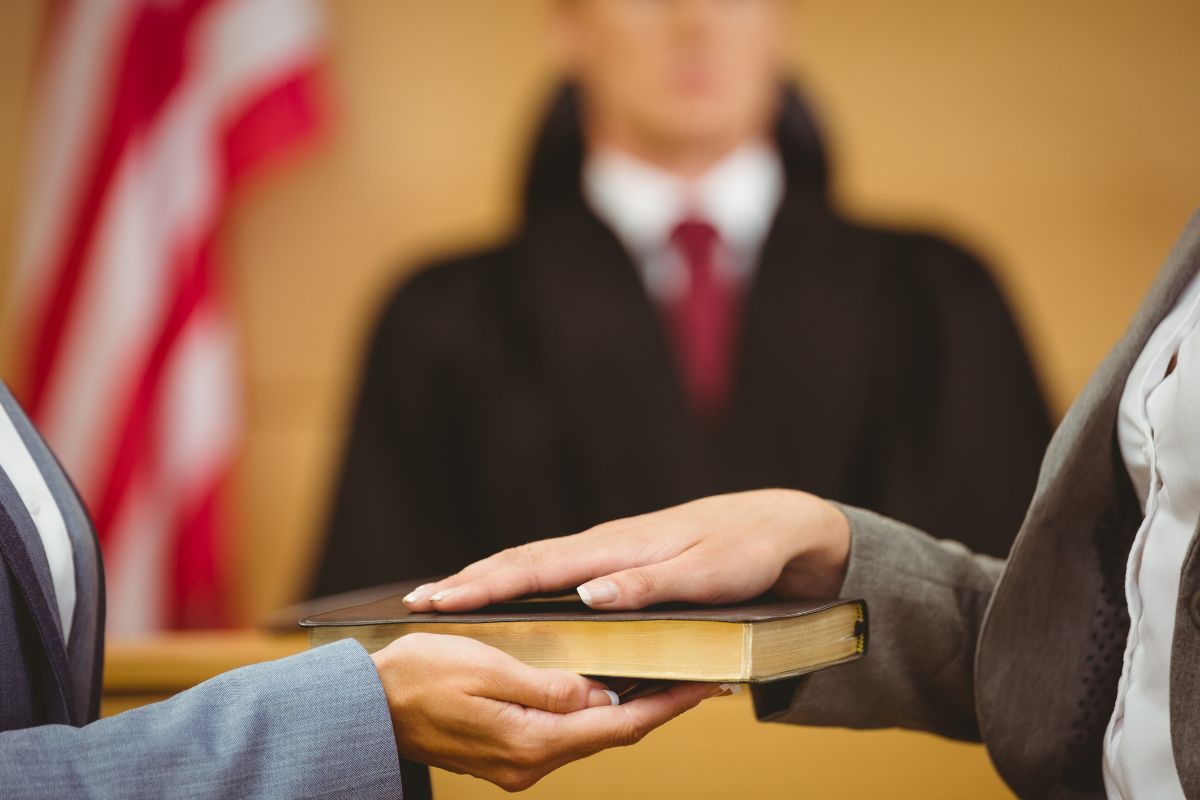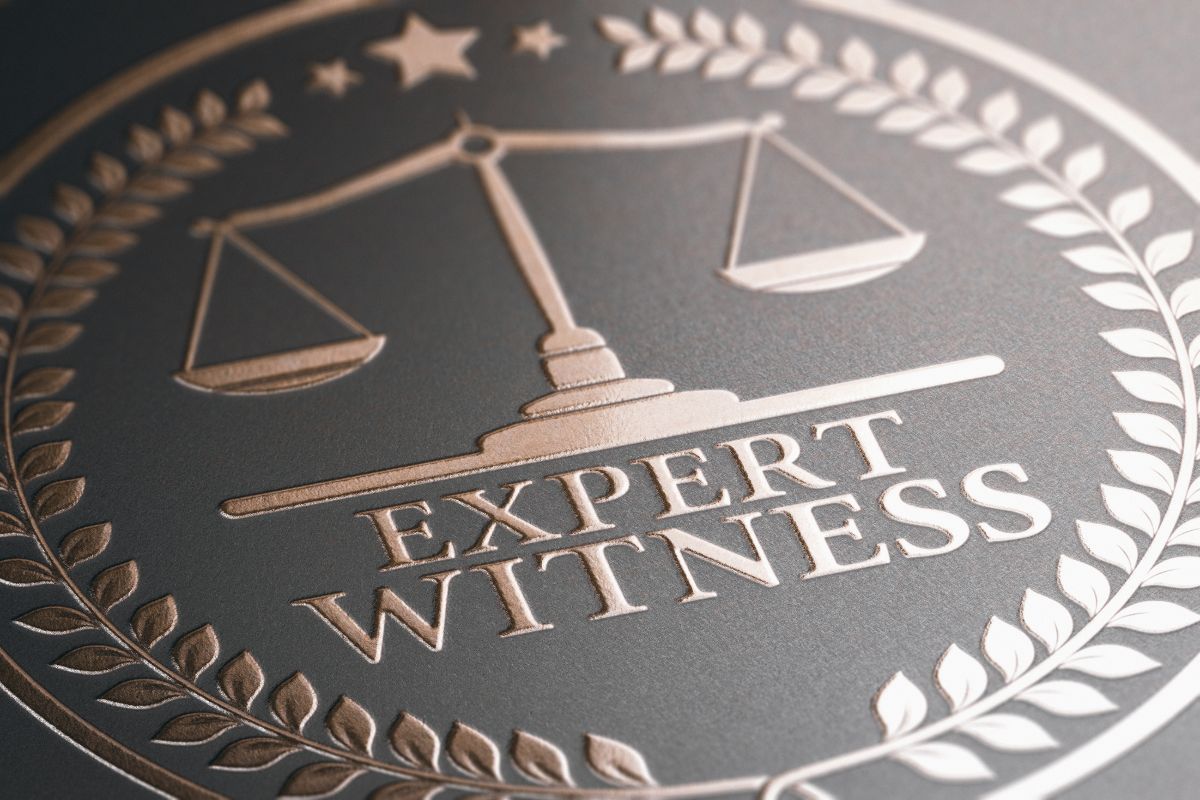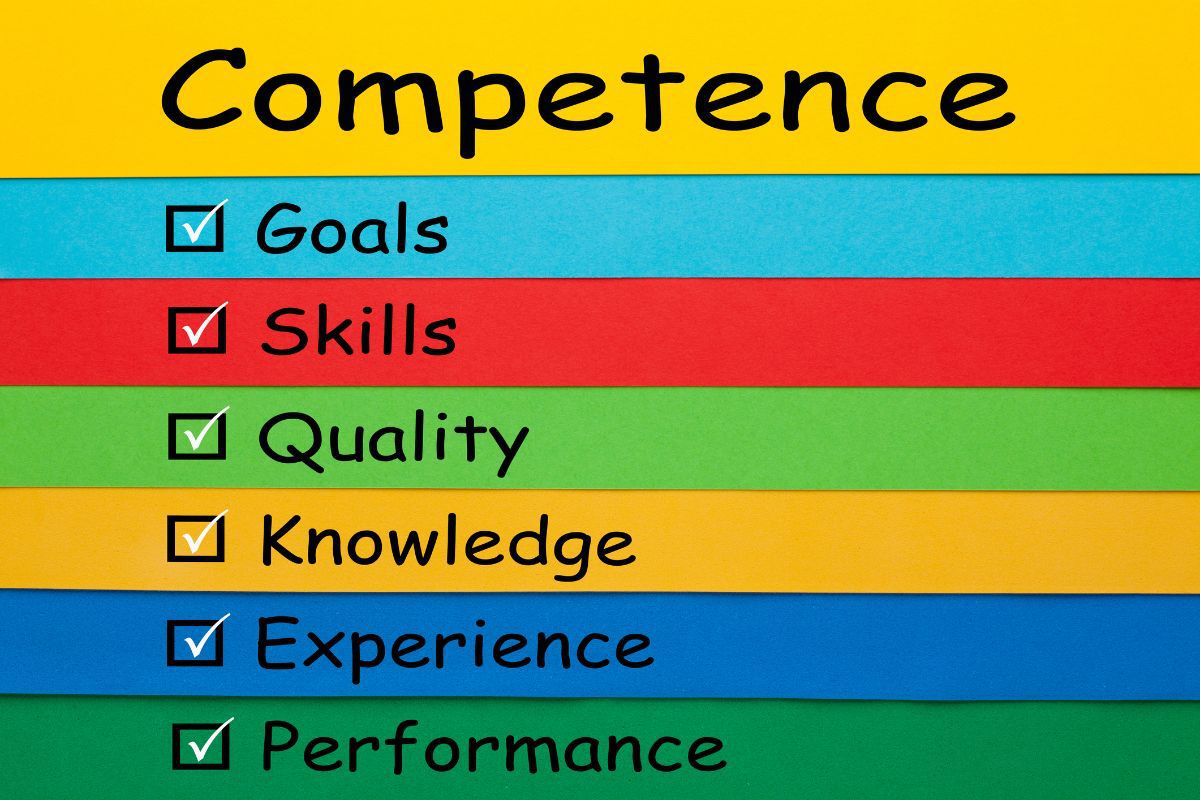Important California Laws To Know – Posting Harmful Information On The Internet
In 2010, the California legislature enacted a law to counteract certain criminal conduct on the internet. Necessitated by the growing use of technology and social media, California lawmakers have established different laws to fight internet crimes, including a statute (known as posting harmful information on the internet, California Penal Code § 653.2) prohibiting indirect harassment on the internet. This offense is typically charged as a misdemeanor. The internet presents opportunities for many people to involve themselves in different internet crimes without their knowledge. The law against indirect electronic harassment is defined under California Penal Code § 653.2 PC, which reads as...
Continue reading


